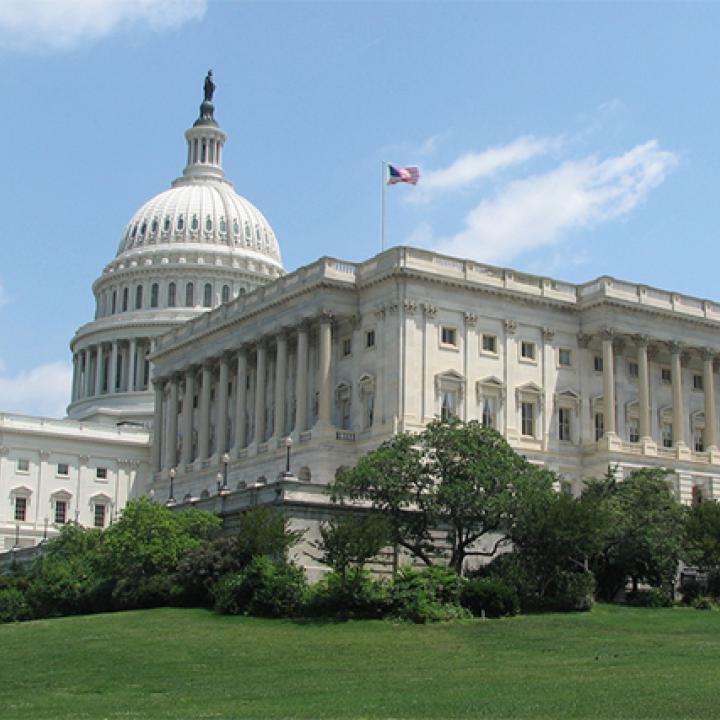
- Policy Analysis
- Congressional Testimony
The Terrorist Threat in North Africa: Before and After Benghazi

The Institute's Richard Borow fellow addressed a joint hearing held by the Subcommittee on Terrorism, Nonproliferation, and Trade and the Subcommittee on the Middle East and North Africa. The following is an excerpt from his prepared remarks; download the PDF to read the full testimony.
"The case of a threat emanating from Libya locally, regionally, and internationally is very real. It should not be overstated, though. Most jihadis are far more interested and focused on Syria, and likely on Egypt in light of the coup d’etat and subsequent arrests and violence by the military. Libya will still be a challenge, though. Militia actors and the periphery are stronger than the central government. The integration of militias into a legitimate police force and military has opened regional fissures among different cities in Libya due to the mistrust of regional outsiders by locals (which is a legacy of Qadhafi’s divide and rule). Further, the blackmailing of the government by militias has eroded legitimacy in the new system, which hinders the ability to check emerging violent trends within the country.
"The United States therefore cannot rely on the government for help; it must work outside of the capital and get to know local actors, since that is where the battles will occur. Containment with regional and Western European allies is likely the best one can hope for at this juncture. The situation is not ripe for a quick and easy fix or a short battle..."
House Foreign Affairs Committee




